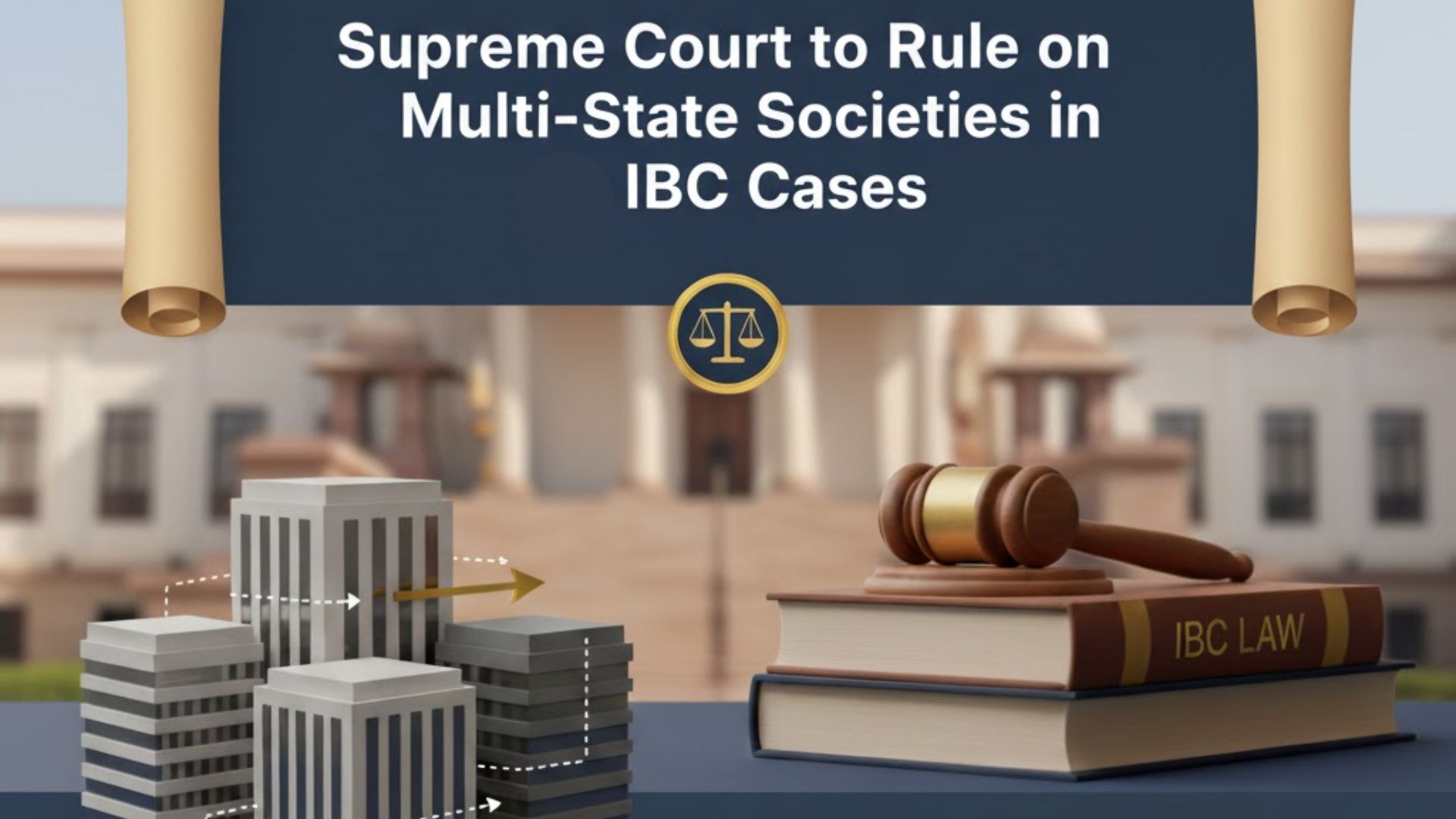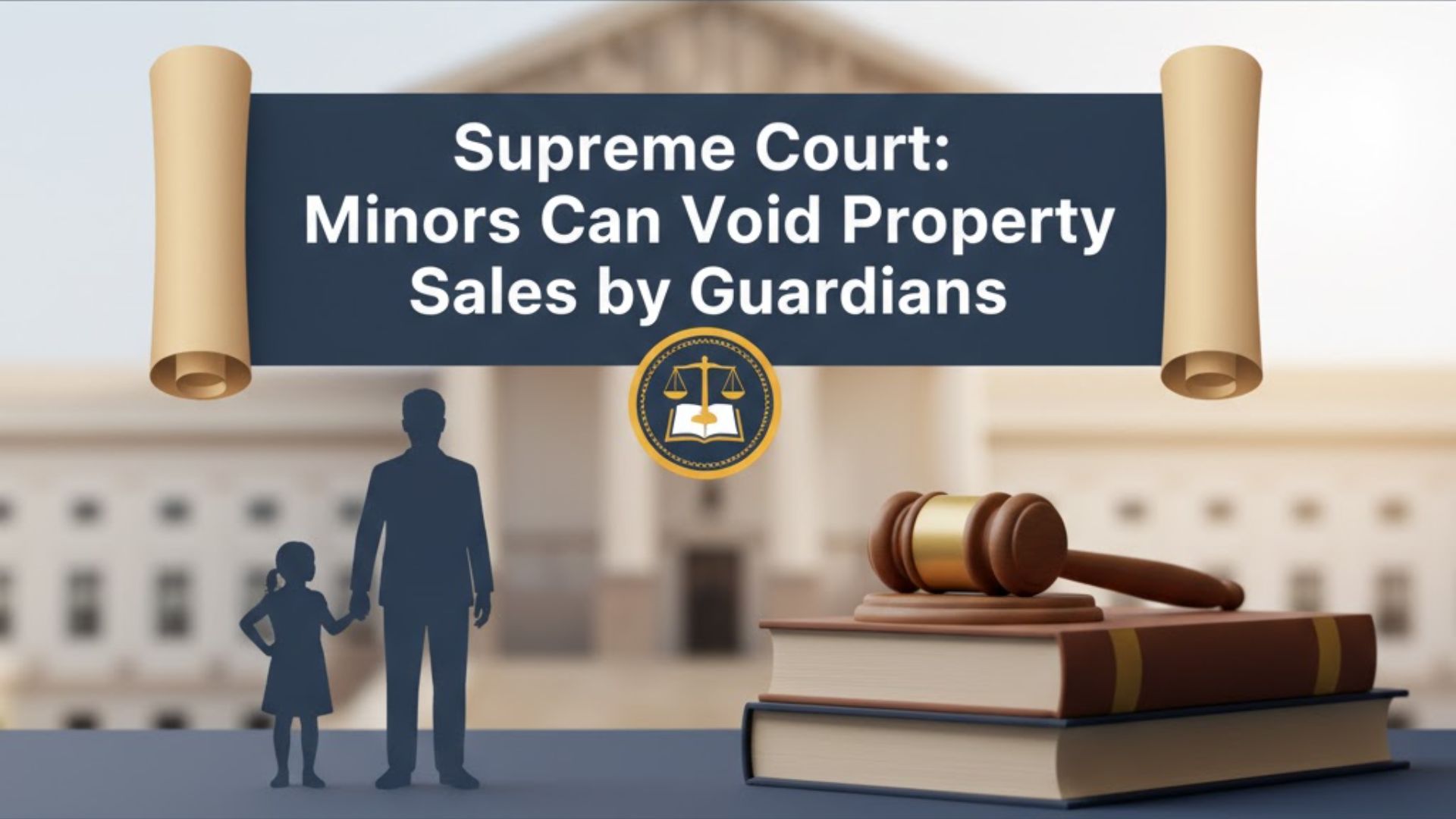Raghubir Dash, J.@mdashThis Second Appeal is in challenge of the judgment and decree dated 22.11.2006 and 6.12.2006, respectively, passed
by the learned Additional District Judge, Balasore in R.F.A. No. 19 of 2005/102 of 2002 reversing the judgment and decree dated 26.7.2000 and
12.9.2000, respectively, passed by the learned Civil Judge (Senior Division), Balasore in Title Suit No. 173 of 1993-I.
2. The appellant is Defendant No. 3. He is R-5 in the First Appeal. The original plaintiff is late Rowjee Padhiar. Respondent Nos. 1 to 4 in this
Second Appeal are the substituted L.Rs. of the original plaintiff. They are the appellants before the lower appellate court. Respondent Nos. 5 to 8
are the substituted L.Rs. of late Harimohan Mohanty, Defendant No. 1, who died during pendency of the Suit. They are Respondent Nos. 1 to 4
in the First Appeal. It appears, one Radhakumunda Das who was D.2 in the suit has not been arrayed as a party in the First Appeal so also in the
Second Appeal.
For the sake of convenience the parties shall, hereinafter, be referred to as per their nomenclature in the cause title of the plaint.
3. Original plaintiff Rowjee Padhiar filed the suit to declare the compromise decree passed by the Munsif, Balasore in T.S. No. 178/90-I as illegal
being obtained by exercising fraud on the plaintiff as well as the court, with further prayer for recovery of possession of the suit land and for
permanent injunction. Plaintiff''s case, in short, is that he purchased the suit property from one Panu Mohanty under registered sale deed dated
22.5.1964. Defendant No. 1 Harimohan Mohanty, who is the son of late Panu Mohanty, filed a Suit bearing O.S. No. 178/90-I in the court of
Munsif, Balasore against the plaintiff and Radhamukunda Das (D.2) for declaration of his right, title, interest and possession over the suit land
claiming that the sale deed executed by his father in favour of the plaintiff was not a sale deed but a deed obtained as security for a loan availed by
late Panu Mohanty from the plaintiff. That suit was decreed on 30.3.1990 in terms of compromise. It is claimed that the compromise petition
purportedly filed by the plaintiff was never signed by the plaintiff Rowjee Padhiar. After the compromise decree, D.1 sold the suit land to D.3
(present appellant) under three registered sale deeds dated 18.4.1990. Thereafter, record of right in respect of the suit land was illegally prepared
in the name of D.3 and taking advantage of such wrong R.O.R., D.3 disturbed the plaintiff''s possession over the suit land which compelled him to
file the suit.
4. Case of D.3, the present appellant, is that his father being hard-pressed for money obtained a loan from the plaintiff and to secure the loan
executed the deed marked Ext. 1 without intending to alienate the property with a condition that the plaintiff would return the deed after the loan
was paid up but Panu Mohanty would continue to remain in possession of the suit land. After death of Panu Mohanty, his son (D.1) continued to
remain in possession of the suit land. On 18.4.1990, D.1 sold the suit land to D.3 under three registered sale deeds dated 18.4.1990 and delivered
possession of the land to D.3. As regards the compromise decree, D.3 has taken the plea that O.S. No. 178/90-I in the court of Munsif, Balasore
was lawfully decreed in terms of compromise.
5. Learned trial court dismissed the suit holding that the sale deed executed by Panu Mohanty in favour of the plaintiff is, in fact, a mortgage deed
for which title in the suit land did not pass to the plaintiff under such sale deed; that the suit is not maintainable in view of the provision contained in
Rule 3-A of Order 23 of C.P.C. prohibiting filing of a fresh suit to set aside a compromise decree; and that the suit is barred by limitation inasmuch
as the compromise decree was passed on 30.3.1990 and the suit was filed on 7.5.1993. Learned lower appellate court reversed the trial court
judgment holding that the deed, Ext. 1, is a sale deed; that inaction on the part of the plaintiff to get his name entered in the subsequent settlement
R.O.Rs. does not take away his title in the suit land; and that the suit for setting aside the compromise decree on a ground other than the ground
that the compromise is not lawful is maintainable. However, the learned lower appellate court did not make any consideration as to whether the suit
is barred by law of limitation.
6. The Second Appeal is admitted on the following substantial question of law:
Whether by not recording any finding on the issue of limitation or about the correctness of the findings of the trial court on that issue, the impugned
judgment becomes untenable in the eye of law?
7. Learned trial court while dealing with the issue on the point of limitation has made the following observation:
Further the above compromise decree was passed on 30.3.1990. But this suit is filed after 3 years on 7.5.1993. Plaintiff claims that he came to
know about the decree of the 1990 sometimes in 1992. His plaint and evidence are silent as to how he came to know about decree of 1990. So,
the suit is also barred under the law of limitation.
Admittedly, learned lower appellate court has not dealt with the point of limitation. In the plaint there is averment that the plaintiff had no
knowledge about the compromise decree passed in O.S. No. 178/90-I till 9.1.1992. Since this averment was denied by D.3 in his written
statement the learned trial court framed a separate issue on the point of limitation. Against a suit for setting aside a decree, the period of limitation
begins to run when the facts entitling the plaintiff to have the decree set aside first become known to him. The plaintiff has taken the stand that he
had no knowledge about the institution of O.S. No. 178/90-I in the Court of Munsif, Balasore inasmuch as no notice in the said suit was served on
him and the compromise petition was not signed by him or someone duly authorized by him. Learned lower appellate court has held that the
compromise decree was a fraudulent one obtained behind the back of the plaintiff. Under such circumstances, Defendant No. 3 ought to have
adduced evidence showing when the plaintiff had the knowledge of the facts entitling him to have the compromise decree set aside. Learned trial
court held the suit to be barred by limitation merely observing that the plaint is silent as to how the plaintiff came to know about the compromise
decree. In the plaint there is clear averment that after the compromise decree D.1 sold the suit land to D.3 who, in turn, applied for mutation of the
R.O.R. and on his application plaintiff being served notice his power-of-attorney holder appeared before the settlement authority on 9.1.1992 and
then, on 21.1.1992, an affidavit was filed on behalf of the plaintiff before the settlement authority that the compromise decree obtained by D.1 in
O.S. No. 178/90-I was a fraudulent one. While adducing evidence P.W.3, the power-of-attorney holder of the plaintiff, has deposed to about all
these facts. D.3 on the other hand, has not adduced any evidence as to when the plaintiff had or could be deemed to have had the knowledge
about the existence of such a compromise decree. Under such circumstances, the plaintiff''s plea as to his knowledge about the facts entitling him to
get the compromise decree set aside has to be accepted. Learned trial court has not properly dealt with the issue on the point of limitation and the
aforequoted findings of the trial court are found to be erroneous.
It is there in Section 103 of C.P.C. that in any Second Appeal the High Court may, if the evidence on the record is sufficient, determine any issue
necessary for the disposal of the appeal which has not been determined by the lower appellate court.
Since a separate issue was framed on the point of limitation there is sufficient evidence on the record to determine the issue, this Court answers the
issue in favour of the plaintiff. Merely on the ground that the issue has not been dealt with by the learned lower appellate court, the impugned
judgment cannot be said to be untenable in the eye of law. As already observed, the trial court has incorrectly answered the issue on limitation. The
impugned judgment and decree of the learned lower appellate court is not liable to be set aside merely on the ground that the point of limitation
was not dealt with. The suit being held to be not barred by limitation and there being no other substantial question of law involved in this Second
Appeal, the same is liable to be dismissed.
8. In the result, the Second Appeal is dismissed on contest but in the facts and circumstances without any cost.

